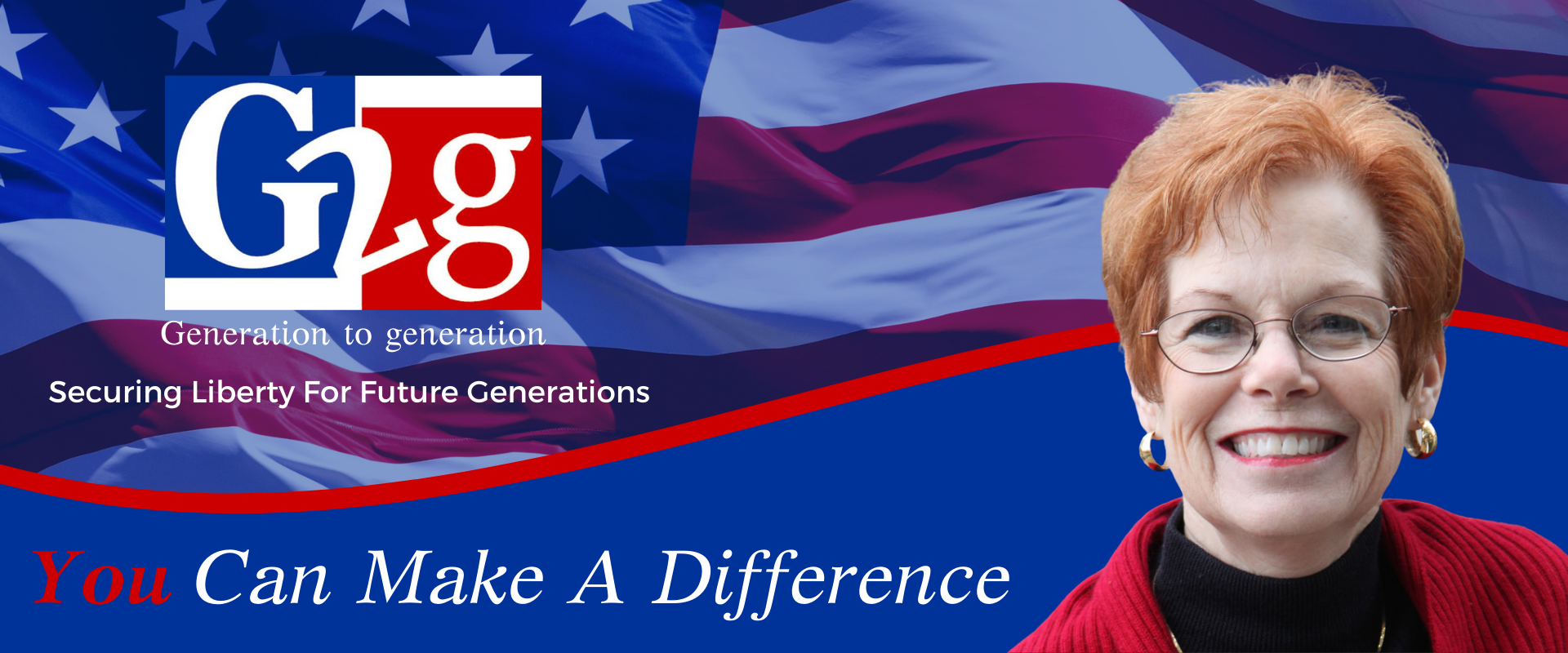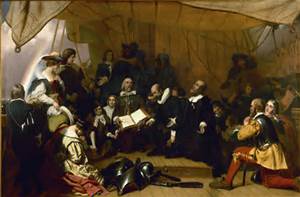Holidays are a memorial to some event in the nation or the world that marked an event that changed the world. We tend to view them as days off and do not take to heart that holiday actually means holy day. Thanksgiving is a holy day because without God’s divine intervention and direction America would not have come to pass. The next three or four blogs will be devoted to that time in history that changed the course of the world. Just as then, we now need God’s divine intervention and direction. Let us not forget the men, women and children that risked everything to have religious freedom and economic opportunity.
It all started with a revival within some segments of the Church of England which created friction between the religious establishment and those whose lives had been radically changed as they discovered true relationship with Jesus Christ. Ultimately, the renewal groups split because of differences on how to deal with the Church of England. One group believed that the church could be changed from within – these were referred to as “Puritans”. The other group believed the only recourse was to separate from the Church of England and they were referred to as “Separatists”. It wasn’t much different than what we have experience in the Republican Party with Tea Party members, Christian Conservative members versus the establishment GOP members.
Because it was illegal to worship outside of the Church of England the Separatists were subject to persecution so severe that they ultimately fled to Holland from England. But even there they were still barely able to keep bread on their tables with most having to work two and three jobs just to survive. As immigrants they were not able to qualify for good paying jobs. They were aging prematurely from all the hard work and after twelve years their children were forgetting English ways while being drawn more and more to the ways of Holland’s culture away from God. The Separatists decided it was time to seek God for His will on where they should go next. Out of much prayer came the answer – go to America.
They believed they were to build a new nation based on Biblical principles that would become a light to the world for Jesus Christ. Even though they knew the risks, they also knew that being in God’s will was all that mattered. They could endure anything and go anywhere if they stayed within God’s perfect will. The question now was how they would get there. They wrote to the Virginia Company looking for funding for their trip. Their petition was denied because the Virginia Company was nearly bankrupt.
A London businessman named Thomas Weston approached them unexpectedly with a proposal to help them. He had investors who would back their venture, enabling them to use the Virginia Company’s Charter. This was their only open door, but they were reluctant. It was possible God was using their reluctance to warn them not to go through this door; however, they accepted the offer and began making their preparations.
They decided to send a third (41) of their congregation to America to start the new colony. The chosen families sold their houses and all unmovable possessions. They needed the money to pay for their shares in the American Plantation. Each person sixteen years and older would have one share and had to pay ten pound sterling (about $700 in modern terms). Those with extra funds could purchase extra shares. They would be in a partnership for seven years (Standard time for indenture.) At the end of seven years all land and profits would be divided according to the number of shares they each owned. Personal property such as houses, land and gardens would remain their personal property.
In all, there were 16 men, 11 women and 14 children moving to America. They appointed their elder, William Brewster, as their teacher and acting pastor until Pastor Robinson could follow later. At the last minute, Thomas Weston brought them a revised contract that demanded more money. Now they understood their reluctance to trust this man. They had to sell much needed supplies and extend their period of indenture to pay the added charges.
On August 6, 1620, the two ships, the Speedwell and the Mayflower, set sail for the New World. However, when they left the Speedwell at Plymouth, England for necessary repairs, the passengers crowded on to the Mayflower. Twenty Separatists decided not to continue on this journey. Fully trusting in God, the rest left Plymouth, England on September 16, 1620. Of the 102 passengers on the Mayflower, there were twenty-one Separatists and eighty-one “strangers”. Most were sympathetic to the Separatists’ cause, but a few were adventurers looking for riches.
Next week we will continue with their dangerous voyage and life during the first year.
Dinner Table Discussion Question: In what ways are these immigrants much like all the immigrants who have come to America? What two things did they need?

